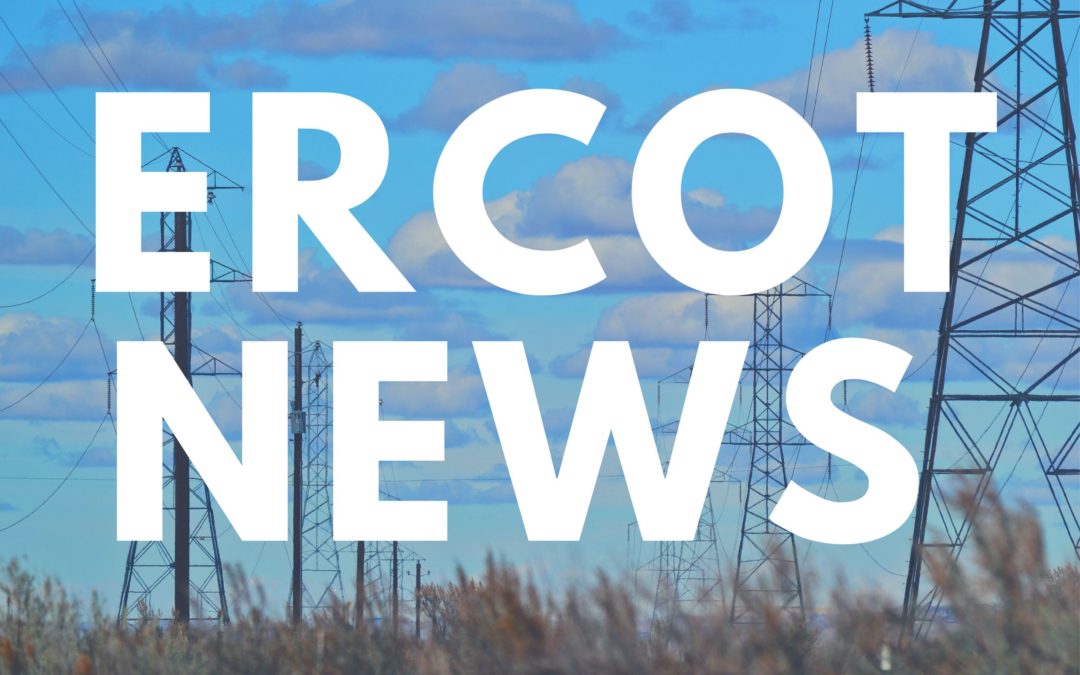Facing the prospect of having their role at ERCOT significantly cut, stakeholder groups appear united in their opposition to the proposed changes.
________________________________________________
 Stakeholders would have their supervisory authority over ERCOT substantially reduced under a proposal now gaining traction at the grid operator.
Stakeholders would have their supervisory authority over ERCOT substantially reduced under a proposal now gaining traction at the grid operator.
The proposal has drawn near unanimous opposition from corporate, consumer and environmental groups that help set policy at ERCOT. However, the proposal also appears set for fast-track approval.
ERCOT, also known as the Electric Reliability Council of Texas, is a quasi-governmental, non-profit corporate organization that oversees the state’s primary power grid. The organization’s bylaws assign certain governance responsibilities to its board members and other responsibilities to its stakeholder membership. The bylaws also stipulate that any change to the bylaws themselves must receive approval from both the organization’s stakeholder members and the board.
At issue is a proposed change that would upend that dynamic. Under a proposal issued on September 9 by the ERCOT board, only the board would have a say over ERCOT bylaws. Moreover, the ERCOT board proposes sidestepping the traditional process to approve such a change, and instead put it to a board vote without a stakeholder vote.
Stakeholders United in Opposition
Facing the prospect of having their role at ERCOT significantly cut, generation interests, industrial consumers, commercial consumers, transmission and distribution utilities, retail electric providers, environmentalist and various corporate representatives all have expressed varying degrees of opposition in written comments filed at ERCOT headquarters in Austin.
For instance, one group of 27 corporate members that includes generators, municipally owned utilities, cities and electric cooperatives jointly filed comments warning that the changes would have a “chilling effect” on ERCOT’s ability to maintain grid reliability and likewise would discourage generation investment.
 Another group, the Texas Industrial Energy Consumers, noted that active involvement by stakeholders at ERCOT “ensures that policies are thoroughly vetted … from all sides” and that the proposed change would sacrifice this benefit. “The makeup of the Corporate (stakeholder) Members forces different groups with disparate positions and interests to work together to build consensus, which leads to more well-thought-out and better policies that account for the collective interests of all Texans,” the industrial energy group wrote in its comments.
Another group, the Texas Industrial Energy Consumers, noted that active involvement by stakeholders at ERCOT “ensures that policies are thoroughly vetted … from all sides” and that the proposed change would sacrifice this benefit. “The makeup of the Corporate (stakeholder) Members forces different groups with disparate positions and interests to work together to build consensus, which leads to more well-thought-out and better policies that account for the collective interests of all Texans,” the industrial energy group wrote in its comments.
Beyond expressing their uniform opposition, commenters also raised a variety of legal and policy objections to the changes.
Membership Rules
Membership in ERCOT is open to any entity that either operates in the ERCOT region or represents consumers within the ERCOT region. Under the current rules, these stakeholder members have the right to vote on matters submitted to the general membership, such as the bylaws, and also participate in the selection process for the Technical Advisory Committee, which is a key committee that advises the ERCOT board of directors.
That 11-member ERCOT Board of Directors includes three ex officio members: the CEO of ERCOT, the Public Counsel of the Office of Public Utility Counsel, and the Chair of the Public Utility Commission. It also consists of eight directors appointed by a selection committee. Members of that selection committee, in turn, are appointed by the governor, the lieutenant governor and the speaker of the Texas House.
The ERCOT board likely will take up the controversial proposal soon, but has signaled it won’t do so during its October meeting. Any change ultimately also must receive approval from the PUC.

